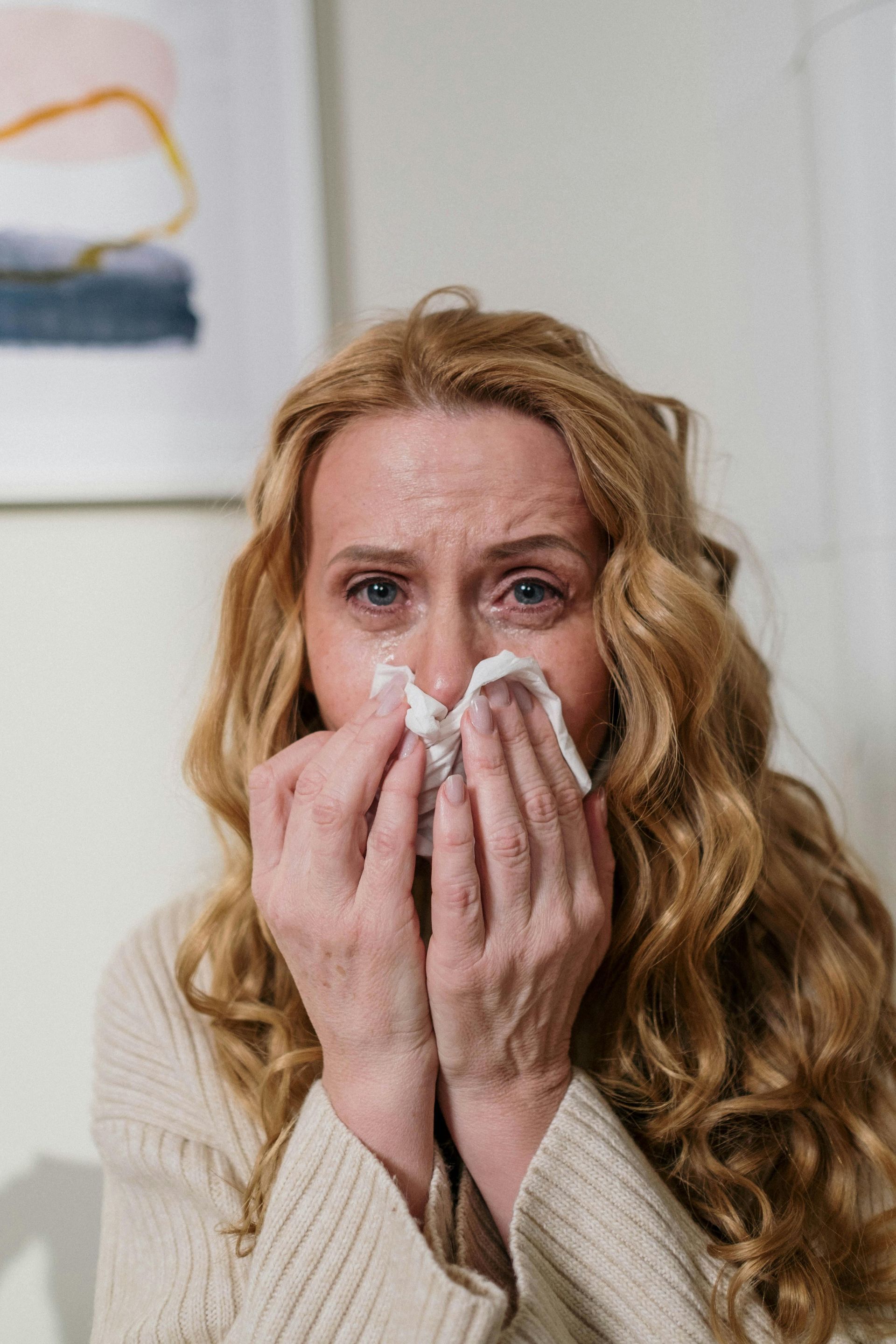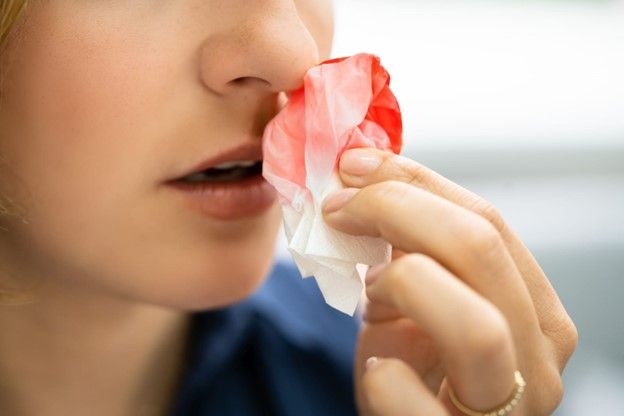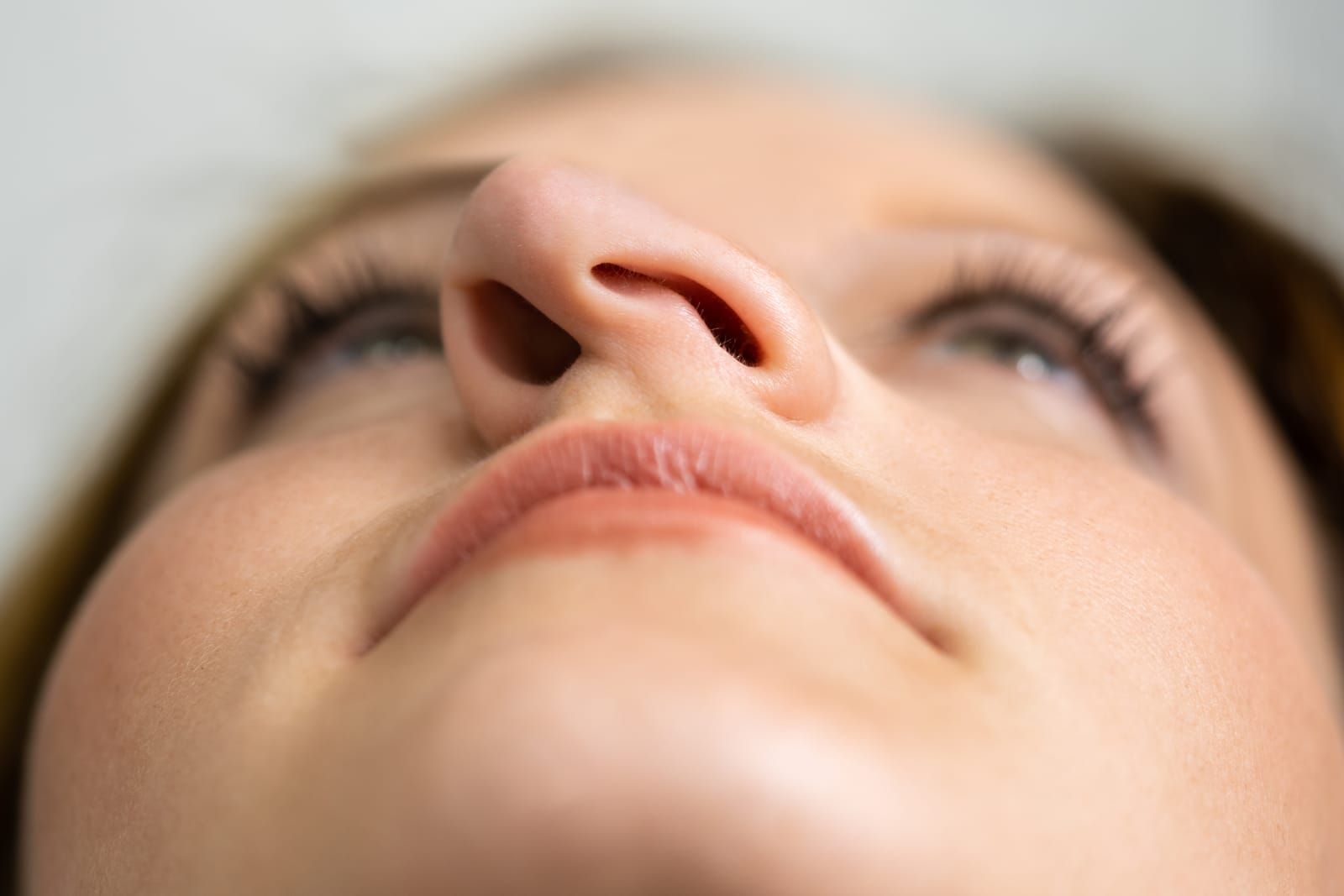5 Ways to Prevent Ear Infections in Children
Is your child crying from ear pain? Being a parent of a child with ear infections is distressful. We get it. We have kids too. Those little bundles of joy like to touch, and lick every surface with which they come in contact, and germs are likely to spread. Perhaps you’ve heard about how damp places like swimming pools and lakes can also be a breeding ground for bacteria and viruses? When kids spend a lot of time in these conditions, their risk of contracting an ear infection increases exponentially. Fortunately, there are simple things you can do at home to prevent the spread of these microorganisms from causing ear problems in your child. So what are these tips? Well, read on to find out.
Be careful about water use
It’s no secret that bacteria and viruses thrive in wet environments. As a result, it’s important to keep your child’s ears as dry as possible. You can do this by drying your child's ears after swimming or using ear plugs. Avoid dirty lake water when possible, especially if your child is prone to Swimmer’s ear.
Wash hands
Another way to minimize your child’s risk of contracting an ear infection is through frequent hand-washing (something we all should be doing anyway!). Hand-washing with soap and water before and after eating and drinking can prevent the spread of microorganisms into the mouth and nasal passages. You want to also wash your hands with soap and water before touching your child, as well as before preparing a meal or going to bed. You can also wash the outside of your child's ears. This will help to avoid bacterial growth that leads to an infection inside their ears. It’s important not to use cotton-tipped swabs (Q-tips) on the inside of their ear, though—that can cause damage or excessive ear wax over time. Clean surfaces around your child's room that might harbor bacteria, and clean them thoroughly before letting them play on them. For example, if there is carpeting in their bedroom, make sure it is cleaned thoroughly before they go play on it—and don't forget about materials like toys and stuffed animals! You should also sanitize surfaces like desks and tables in case they touch any contaminated items while interacting with others at school or home.
Keep humidity just right
Regulating the humidity in your house is a must in the prevention of ear infections. If you can, use a dehumidifier to prevent mold and bacteria from flourishing in the warm months. However, you may consider a humidifier in the child's room during the dry months. If you don’t have access to a humidifier, consider using a bowl of water or a piece of wet paper towel. Just make sure that the moisture level remains low enough to not encourage mold growth.
Don’t share things
Avoid sharing items like cups or utensils that may have been touched by someone with an ear infection The easiest way to prevent your child from getting an ear infection is to make sure that the things they regularly use, like bottles, cups, and utensils, are all thoroughly cleaned. If you’re using a bottle nipple that has been used by someone else who is sick, give it a thorough wash before using it.
Turn up the air conditioning
One of the ways that kids get ear infections is through poor air quality. So, first things first, make sure your child’s living space is dry enough to prevent mold growth. If you have a dehumidifier in the area, use it when the humidity goes up. Turn on the A/C and make sure the room stays at a constant temperature. When it comes to preventing your child from getting an ear infection, too much moisture can be just as damaging as too little moisture. That’s why if you have a humidifier in their bedroom or living space, it’s crucial that you clean or replace the filter frequently and that you use distilled water in order to cut down on pollutants. Limit visits from people with colds or respiratory illnesses if your child has an ear infection and comes into contact with someone who has a cold or other infectious disease, there’s a high risk they could share that illness with them.
Use wet wipes to clean frequently touched surfaces
One of the best ways to prevent a child from coming in contact with microbes that could lead to ear infections is to use wet wipes. You can keep them with you in your purse or pocket so your child can wipe down surfaces before and after playing, classroom, or working. Another way to avoid germs in the ears is to make sure children are washing their hands regularly. This will help reduce the risk of kids picking up unwanted microbes from their environment. It’s also important for parents not to let kids share personal items such as headphones and toys, even if they're just borrowing them during a play date or sleepover. When you do this, it helps prevent other children from catching any infections that your baby might have contracted previously.
Conclusion
Ear infections can be a very painful and scary experience for kids. The following are some tips for keeping your child healthy and safe.
- Avoid contaminated water when swimming
- Avoid other sick kids
- Wash your child's hands
- Use wet wipes to clean frequently touched surfaces
- Regulate the air conditioning and humidity in your house
- Don't share things
ENT Care Centers has specialty otolaryngologists experienced in pediatric ear infections in Louisville KY. Whether your child needs a hearing test or ear tubes, our ENT doctors care for kids of any age. Call us at (502) 837-7838 or visit our website to visit one of our Ear, Nose & Throat Doctors in and around Louisville, KY and southern Indiana. You are sure to receive the compassionate care you and your family deserve.













